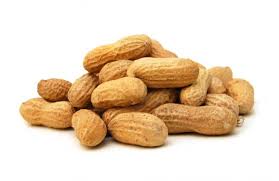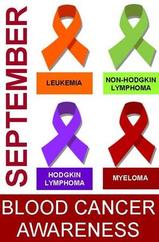
Leukemia
Leukemia is a type of cancer that affects the blood and bone marrow, the spongy center of bones where our blood cells are formed. The disease develops when blood cells produced in the bone marrow grow out of control.
An estimated 48,610 new cases of leukemia were diagnosed in the United States in 2013.
Lymphoma
Lymphoma is the name for a group of blood cancers that develop in the lymphatic system. The two main types are Hodgkin lymphoma and non-Hodgkin lymphoma (NHL
In 2013, about 731,277 people are living with lymphoma or are in remission (no sign of the disease). This number includes about 172,937 people with Hodgkin lymphoma and 558,340 people with NHL.
Myeloma
Myeloma is a type of cancer that begins in the bone marrow. It affects the plasma cells.
Myeloma has several forms:
Doctors divide myeloma into groups that describe how rapidly or slowly the disease is progressing:
To find out more about blood cancer visit the Leukemia and Lymphoma Society.
Leukemia is a type of cancer that affects the blood and bone marrow, the spongy center of bones where our blood cells are formed. The disease develops when blood cells produced in the bone marrow grow out of control.
An estimated 48,610 new cases of leukemia were diagnosed in the United States in 2013.
Lymphoma
Lymphoma is the name for a group of blood cancers that develop in the lymphatic system. The two main types are Hodgkin lymphoma and non-Hodgkin lymphoma (NHL
In 2013, about 731,277 people are living with lymphoma or are in remission (no sign of the disease). This number includes about 172,937 people with Hodgkin lymphoma and 558,340 people with NHL.
Myeloma
Myeloma is a type of cancer that begins in the bone marrow. It affects the plasma cells.
Myeloma has several forms:
- Multiple myeloma is most common: More than 90 percent of people with myeloma have this type. Multiple myeloma affects several different areas of the body.
- Plasmacytoma - only one site of myeloma cells evident in the body, such as in the bone, skin, muscle, or lung.
- Localized myeloma - a few neighboring sites evident.
- Extramedullary myeloma - involvement of tissue other than bone marrow, such as skin, muscles or lungs.
Doctors divide myeloma into groups that describe how rapidly or slowly the disease is progressing:
- Asymptomatic or smoldering myeloma progresses slowly and has no symptoms even though the patient has the disease.
- Symptomatic myeloma has related symptoms such as anemia, kidney damage and bone disease.
To find out more about blood cancer visit the Leukemia and Lymphoma Society.


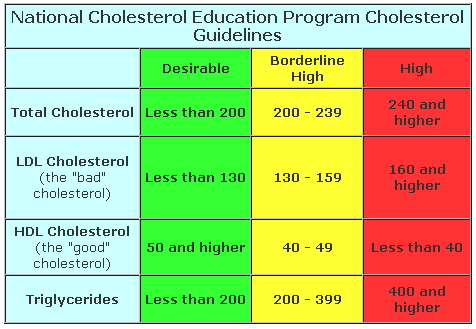
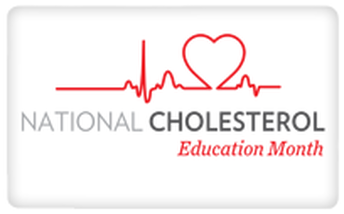

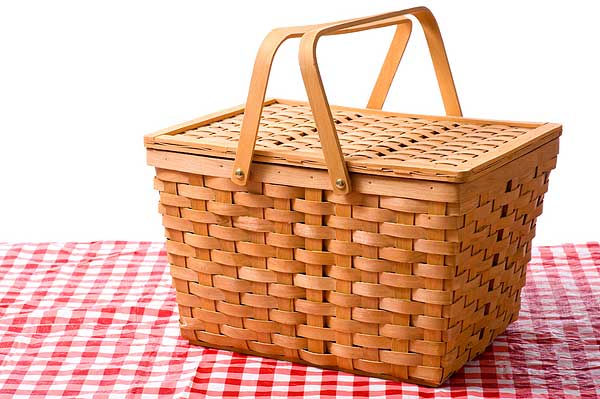


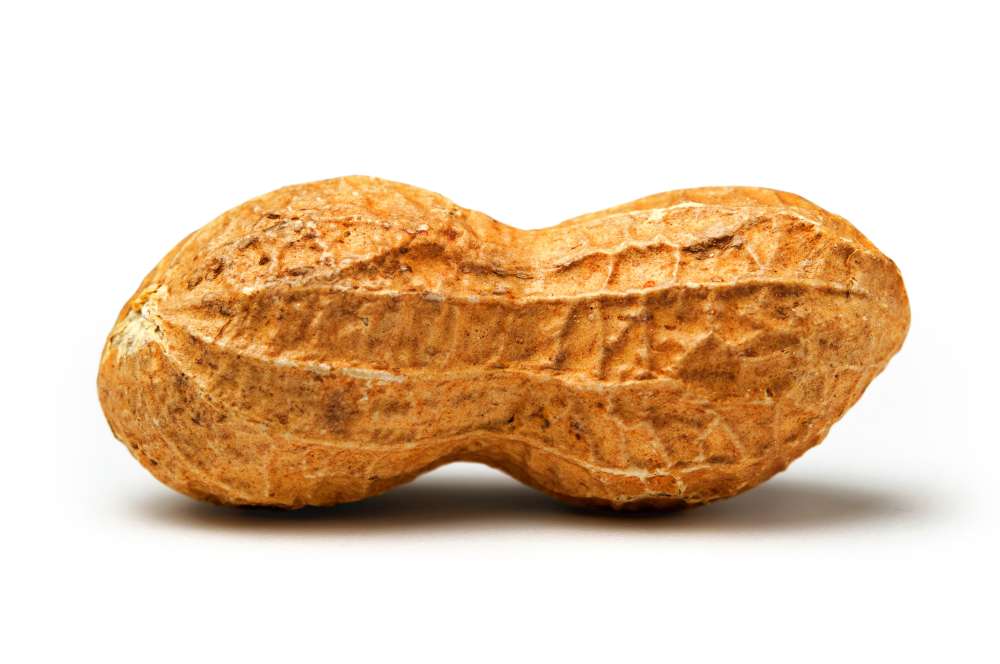
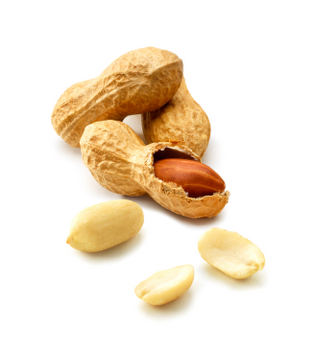
 RSS Feed
RSS Feed

